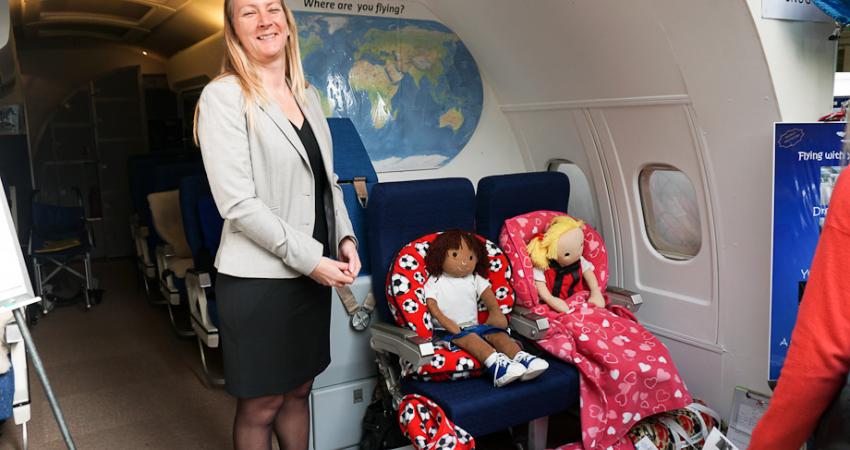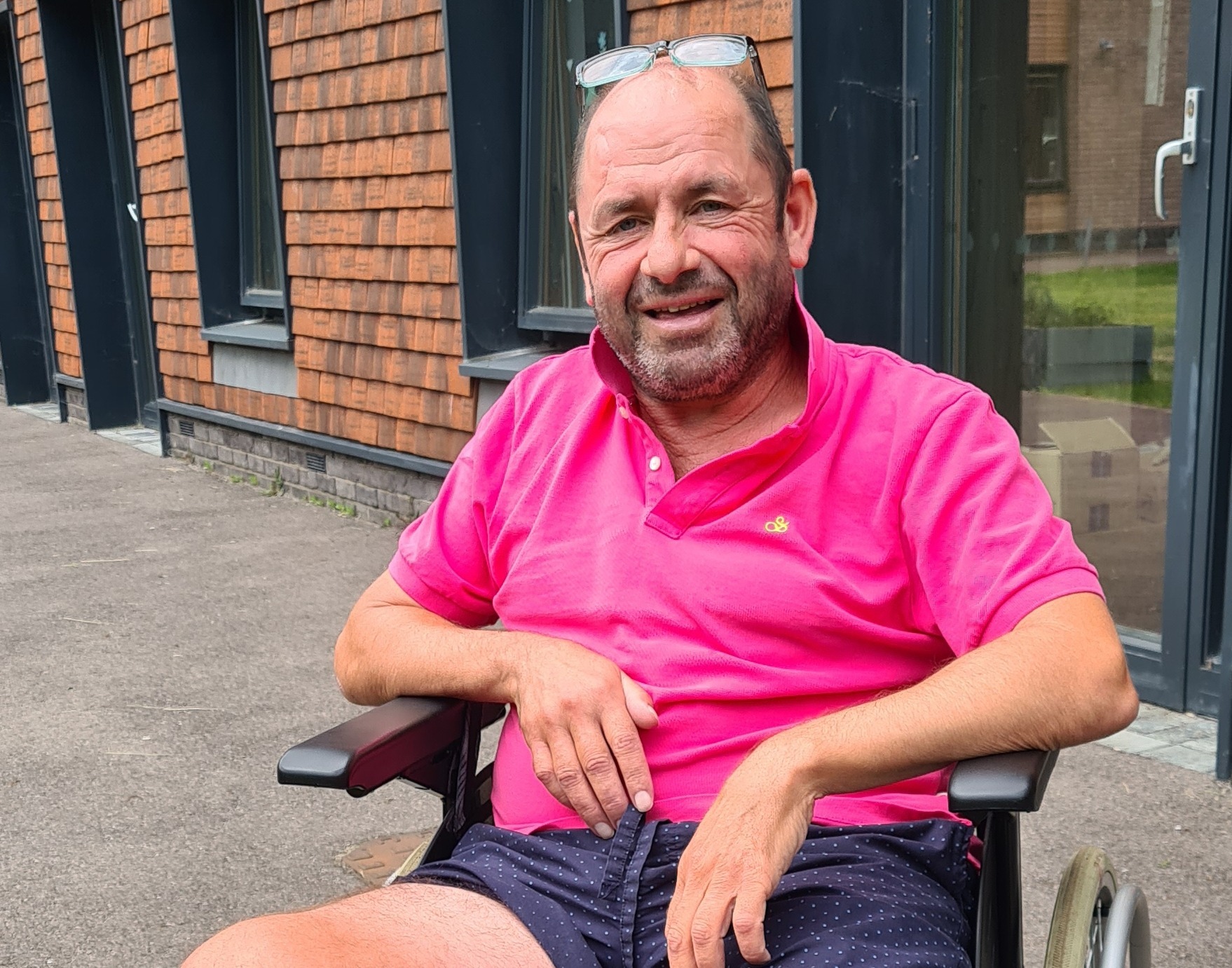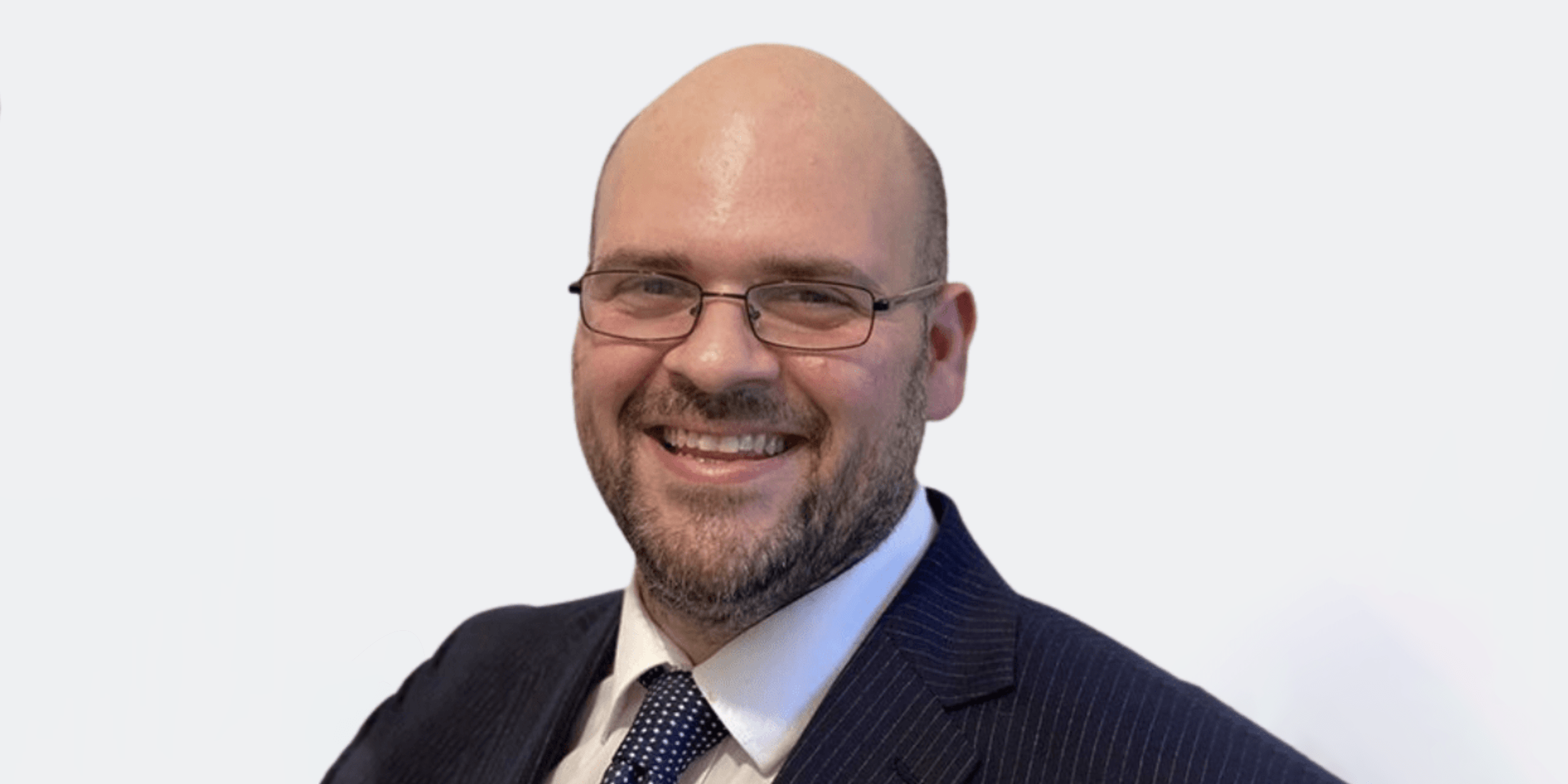Queen Elizabeth’s Foundation for Disabled People (QEF) is extremely concerned that the new Accessible Air Travel Report published by the Civil Aviation Authority (CAA) highlights that travelers with disabilities are still experiencing significant difficulties at major UK airports.
QEF, as a charity that provides expert advice and equipment, and operates the ‘Tryb4uFly’ service that is aimed at making flying for disabled people a less stressful experience, has been working with airports and the aviation industry to improve accessibility, but is extremely concerned at this new report’s findings.
Whether for business, pleasure or to travel for medical treatment that’s unavailable locally, flying is an increasingly essential mode of transport, but as the report suggests, disabled people are finding that several major UK airports have not done enough to prevent air travel being a painful or stressful experience.
The CAA’s report highlights that over three million people requested extra help at UK airports in 2016, up 11% from 2.7 million the previous year, easily outstripping general passenger growth. In fact the number of people with a disability travelling by air has grown by 66% since 2010 – far exceeding overall passenger growth in the same period. Yet London Heathrow, East Midlands, Exeter and Manchester have all been rated as ‘poor’ in their special assistance provisions for disabled passengers; with more than one million passengers requiring extra assistance to pass through Heathrow every year alone, more than any other airport in Europe.
The report highlights that 61% of responders to Heathrow’s own assistance service passenger survey, rated the airport as ‘poor’ or ‘very poor’
QEF’s own research from 2017 highlights some of the difficulties people face. We asked the question ‘how accessible is flying as a means of transport for disabled people?’ Responses included:
“We’re supposed to be first onto the plane to avoid holding up other passengers boarding but this is definitely not always the case. Sometimes there’s a long wait at the end of flight too as we’re left on the plane and often needing the toilet but can’t get there.”
“Flying is not accessible as a means of transport for disabled people. I am unsure how much help I can get to access the plane and then transfer from the aisle to the seat as I cannot transfer out of my wheelchair independently.”
QEF’S accessible aviation spokesman Graham Race says: “QEF wants to help disabled people live life to the full. There have been improvements, but as this report highlights, there is still a lot of work to be done.
“We’ve developed a service called Tryb4uFly to help solve the problems that exist and are working with airports to demonstrate the kind of services that they should aspire to deliver, but we want to work more closely with the aviation industry to improve access and ensure that people with disabilities can have confidence in their opportunities to travel by air. We know there’s a problem, and this report confirms it, but we hope we’re part of the answer and need to let more people know there’s help out there and that we’re doing all we can to change the situation.”
Tryb4uFly provides practical advice to help people with disabilities plan their flight. It provides the opportunity for both children and adults to take part in a cabin assessment in a replica section of an aircraft. An expert occupational therapist guides them through boarding, wheelchair transfer options and support systems. This pre-flight experience means disabled passengers or their families are then able to inform the airline in advance of any support that they may require.
Find out more about QEF’s Tryb4uFly service at www.tryb4ufly.org.uk



